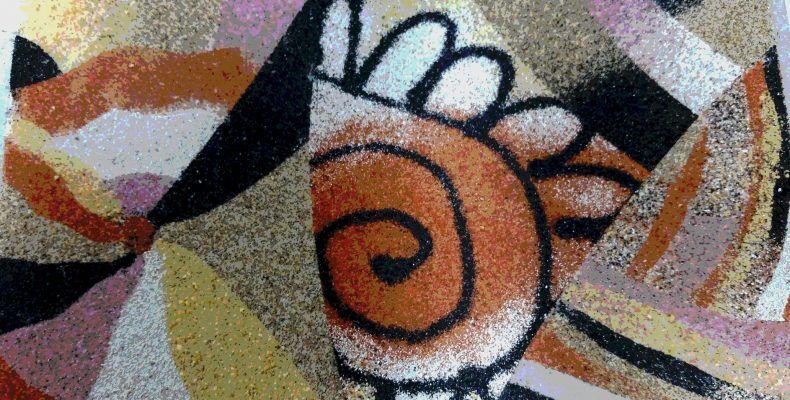Blog
Our book chapter on Makerspaces and DH is published!
March 16th, 2018 by Karen Category: News and Events

We are excited that our chapter entitled “The Role of Responsive Library Makerspaces in Supporting Informal Learning in the Digital Humanities” in Digital Humanities, Libraries, and Partnerships: A Critical Examination of Labor, Networks and Community, edited by Robin Kear and Kate Joranson (Chandos, 2018) is now published.
In the book, the authors “reflect on the collaborations they have formed around digital humanities work” and “examine a range of issues, including labor equity, digital infrastructure, digital pedagogy, and community partnerships”.
Here is the abstract of our chapter, which was co-authored by Karen Miller, Erik Champion, Lise Summers, Artur Lugmayr and Marie Clarke,
Makerspaces make a unique contribution to the partnership between academic libraries and digital humanities by providing a creative, informal space for learning skills and new knowledge, sharing materials and equipment, and exploring and experimenting through an problem-solving, inquiry-based learning approach. The concept of the makerspace as a “liminal” space, containing inherent contradictions and tensions between formal and informal learning, structure and agency, forms a basis for understanding the role the makerspace plays in shaping, and being shaped by, a digital humanities community of practice. This chapter discusses particular experiences that demonstrate some of the ways in which the Curtin Library Makerspace in Western Australia has been involved in digital humanities since it was established in 2015. It has nurtured a creative environment for informal learning through facilitating maker activities; fostered collaborations with teaching academics to support the curriculum; and supported the development of longer-term research projects. We discuss the issues particular to each of these experiences, as the Makerspace negotiated the challenge of retaining the informality of the makerspace, while at the same time recognizing the need for infrastructural support to enable it to participate as an equal partner in digital humanities research projects.
A pre-print will be available soon from Curtin Library’s E-Space, but until then you can download it here [DOCX, 40kB].